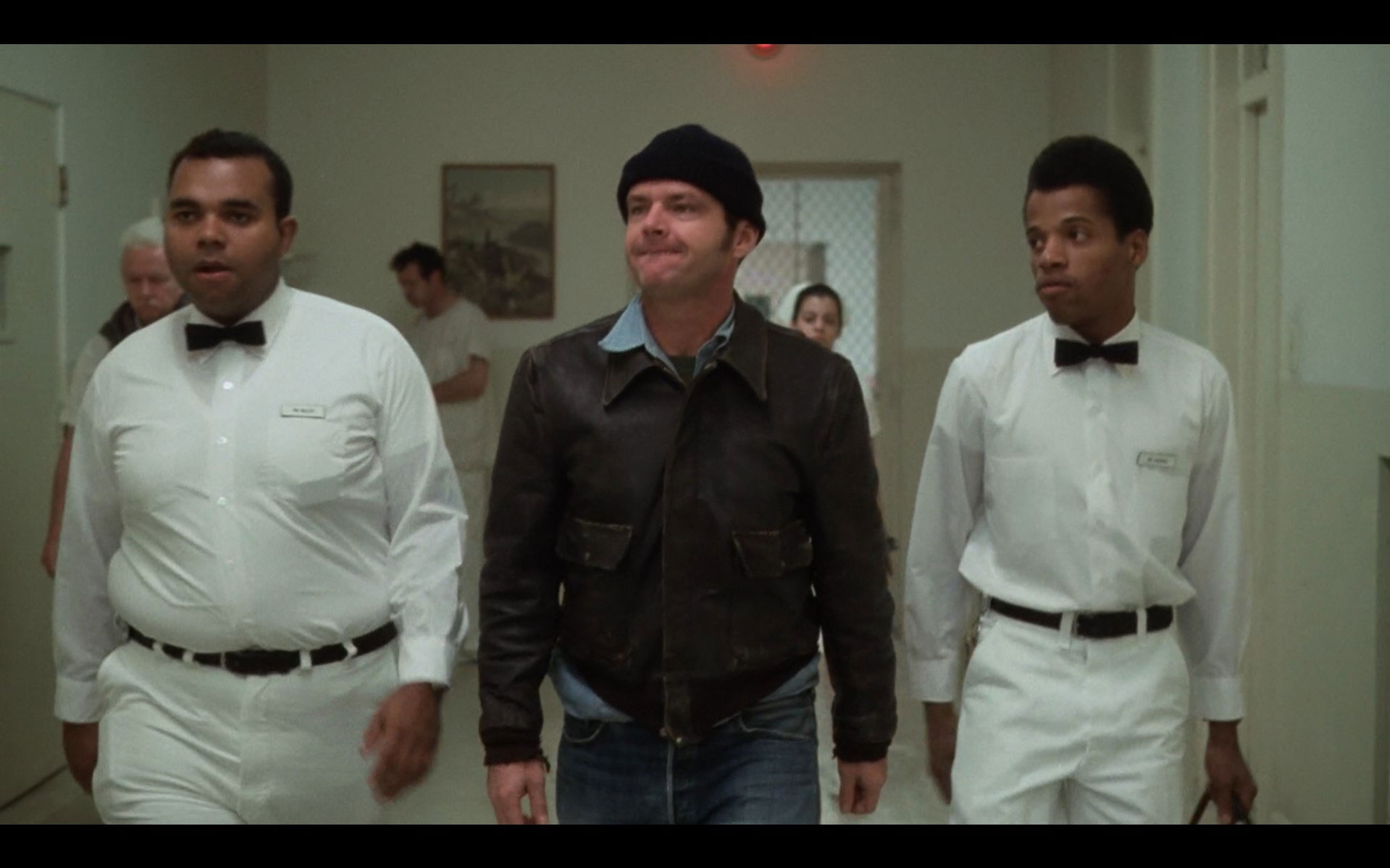
Psychological Drama Movies
Psychological drama movies delve into the complex inner lives of their characters, focusing on emotional struggles, mental health, trauma, and moral ambiguity. These films often explore how personal experiences, memories, and psychological conditions influence behavior, relationships, and identity. Unlike action-driven plots, psychological dramas are typically introspective and character-focused, placing viewers deep inside the minds of those who are unraveling—or trying to heal.
One of the most powerful examples is A Beautiful Mind (2001), which tells the story of mathematician John Nash and his battle with schizophrenia. The film offers a compelling look at perception vs. reality and how mental illness shapes one’s view of the world. Similarly, Black Swan (2010) examines obsession and identity through the breakdown of a ballerina’s psyche, blending beauty and horror in a psychological descent.
Other acclaimed entries include Requiem for a Dream, a harrowing portrayal of addiction and psychological deterioration, and Good Will Hunting, which balances emotional trauma and genius with a powerful message about healing through connection and self-discovery.
These films often rely on strong performances and layered storytelling rather than elaborate plot twists. Characters are not just reacting to the world—they are shaped and often distorted by their pasts, internal fears, and emotional wounds. Dialogue, symbolism, and visual metaphors are frequently used to represent mental states and inner conflicts.
Psychological dramas can be intense, unsettling, or profoundly moving. They explore subjects such as grief (Manchester by the Sea), abuse (Precious), isolation (Taxi Driver), or existential crisis (Synecdoche, New York), prompting viewers to reflect on the human mind and its fragile complexity.
At their core, psychological drama movies offer raw, honest storytelling. They don’t just tell a story—they invite us to feel it deeply, offering insight into the invisible struggles that shape who we are.


Good Will Hunting

Saltburn

Beef

The Wrestler

Undone

The Truman Show

Requiem for a Dream

Tár

Hannibal Rising

The Power of the Dog

Maniac



